How the 8 Effects of Arts Education Are Changing Online Pedagogy, Part 4
Kadenze
APRIL 29, 2019
From ‘learning to improve your kissing technique’ to ‘learning to train your brain to be smarter’, as though all learning involves the architecture of human cognition in the same ways. The Star Power of Cognitive Overload. However, this cognitive overload does not result in a loss of meaning or intelligibility.















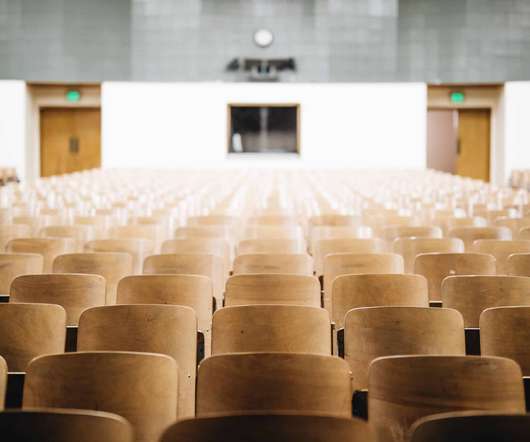
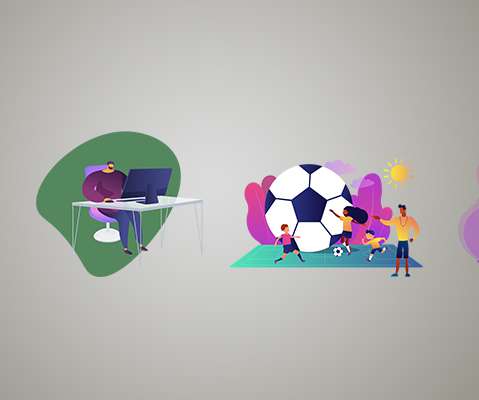







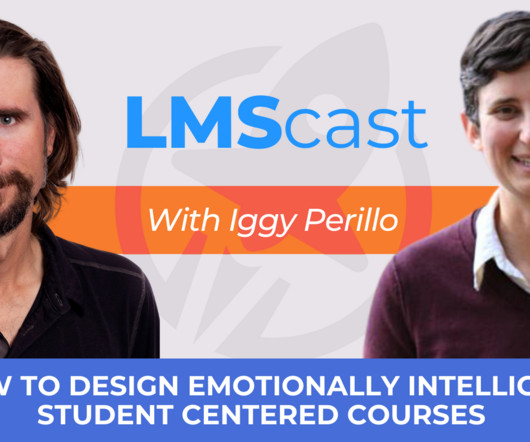







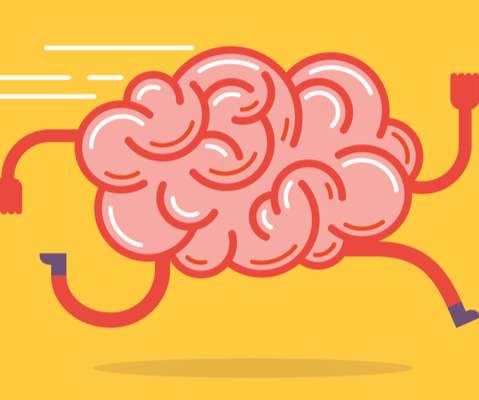

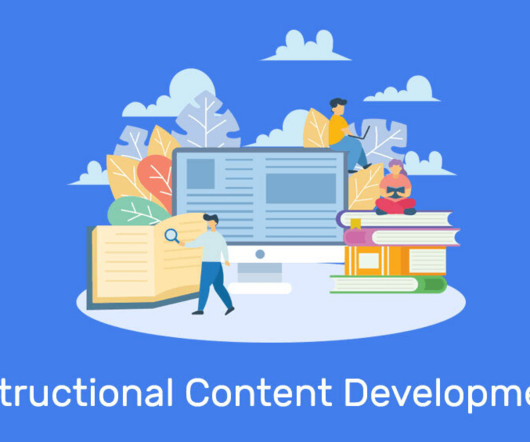













Let's personalize your content